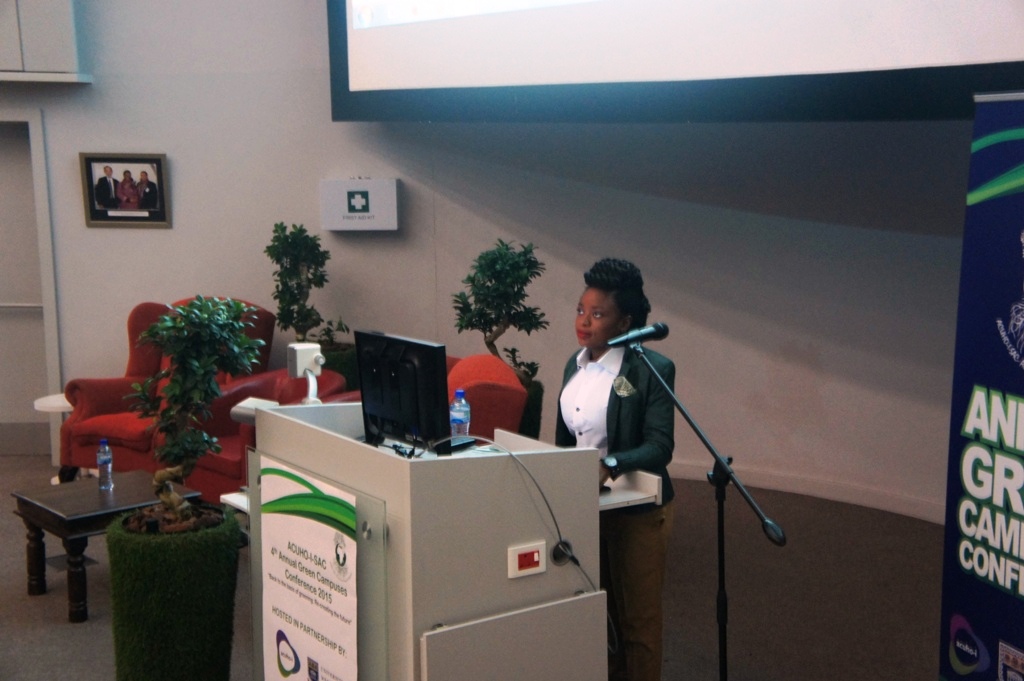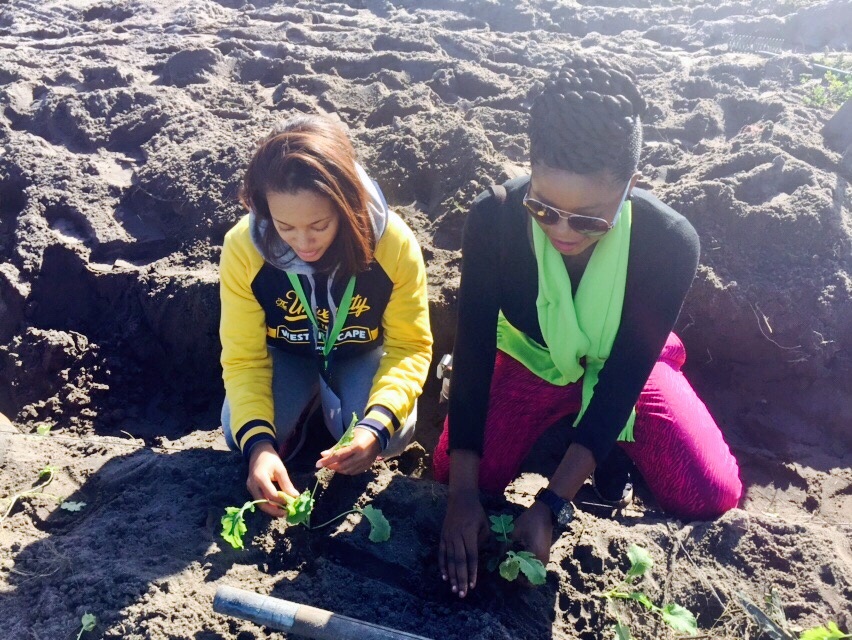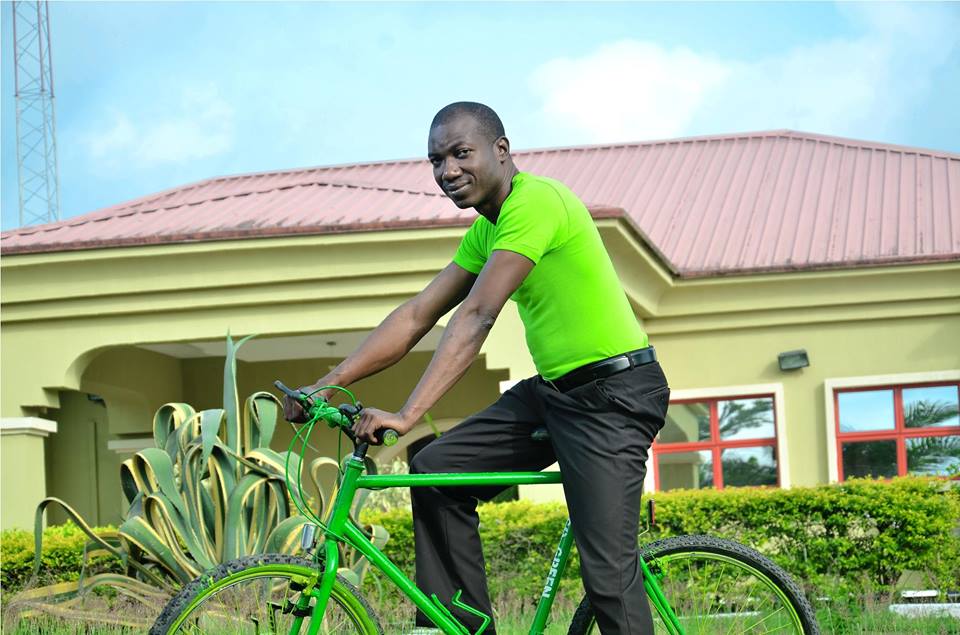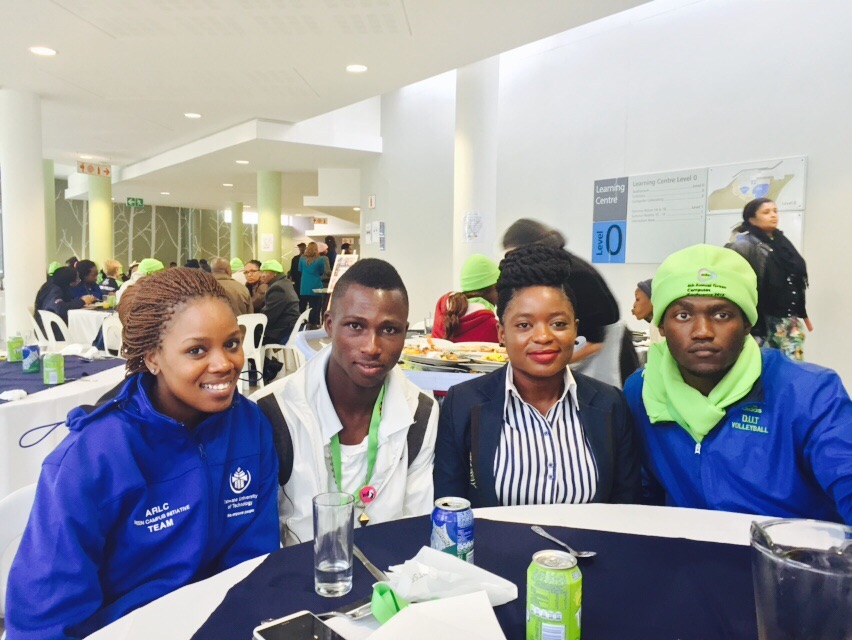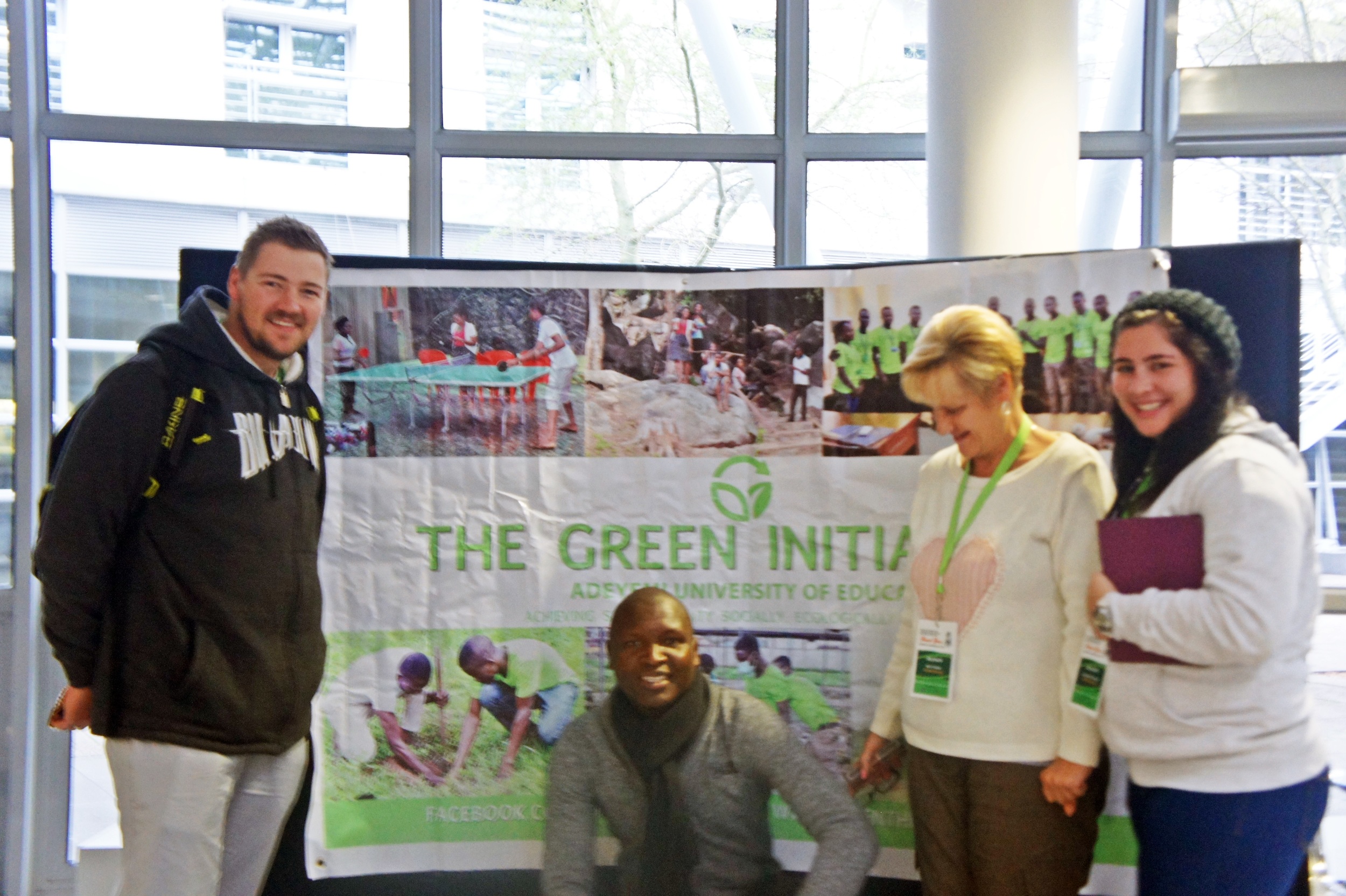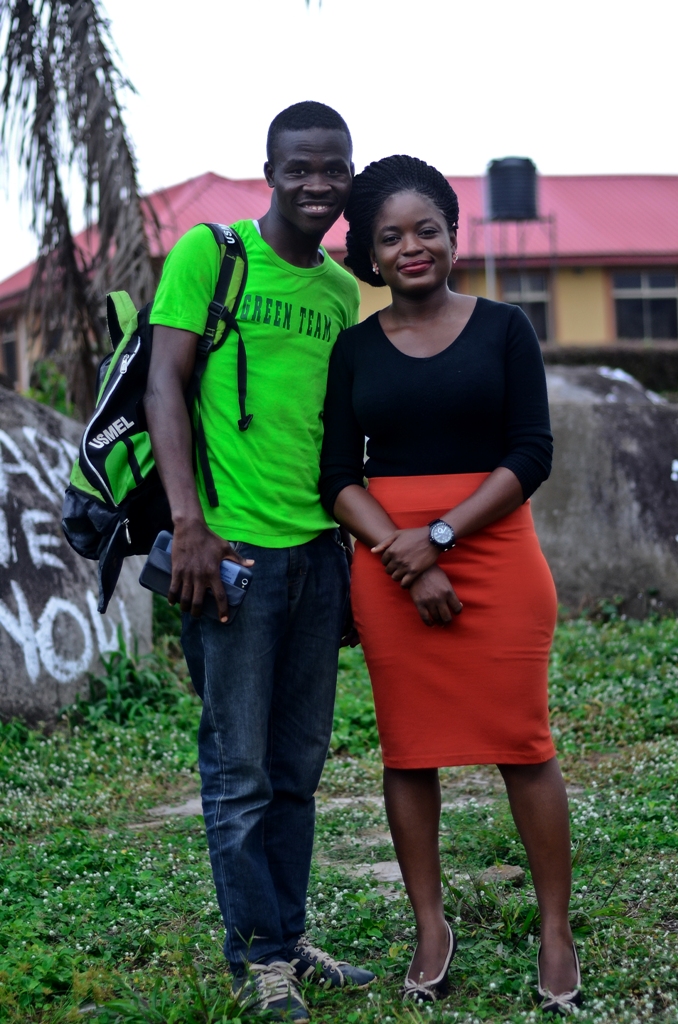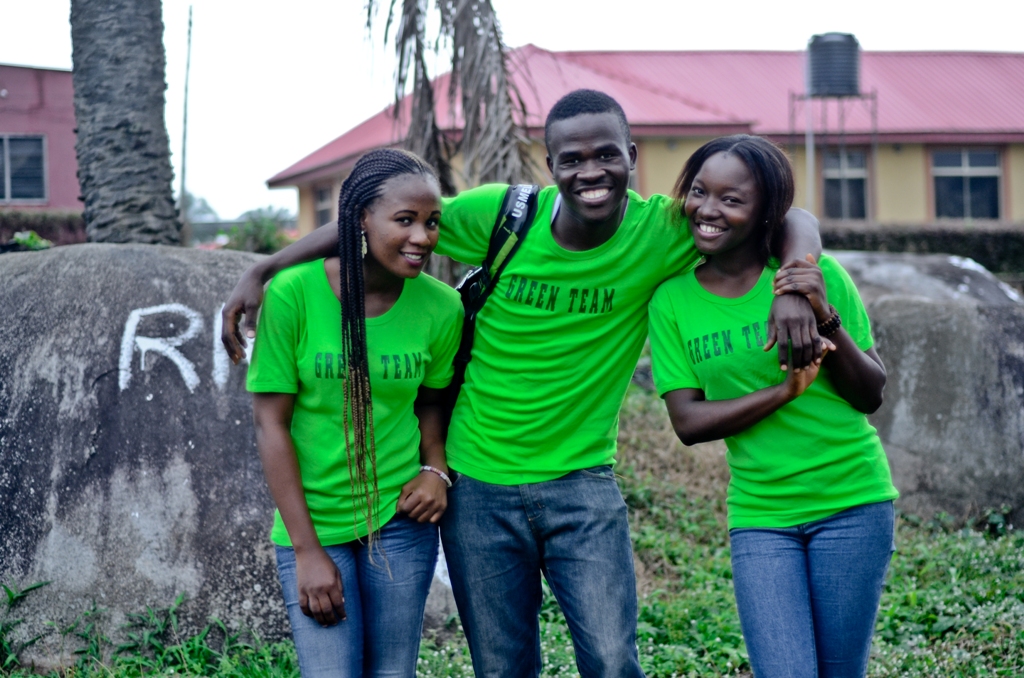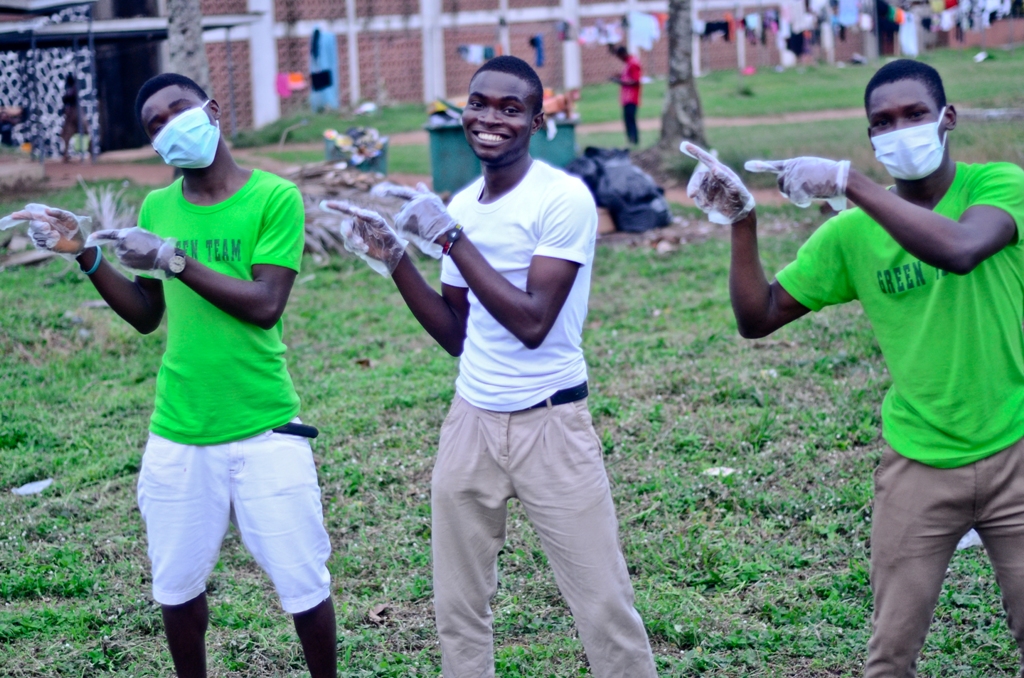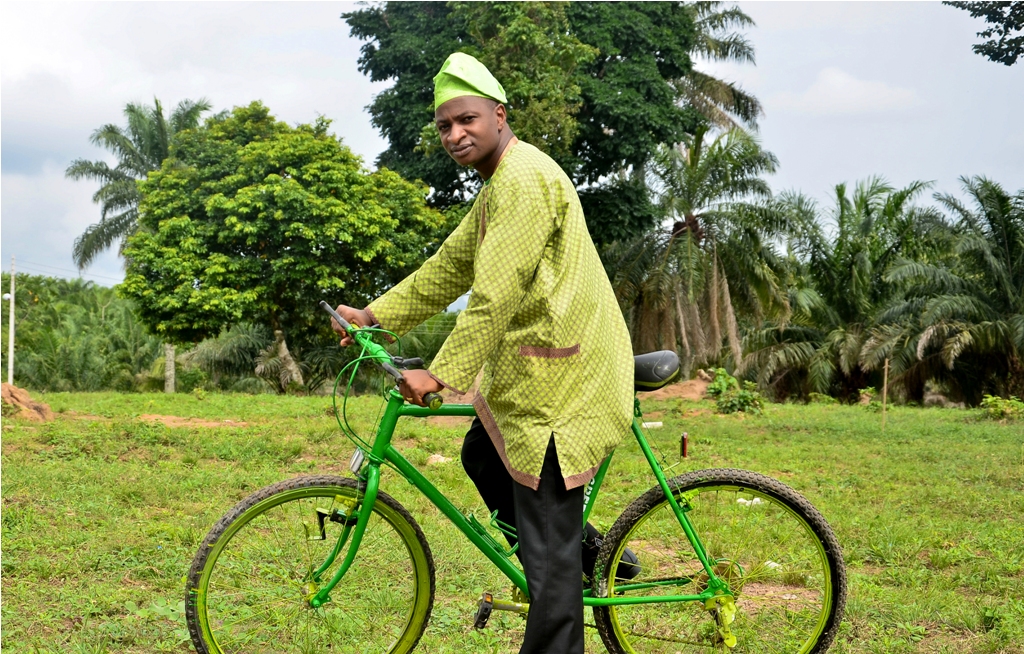We are at a critical juncture in shaping the future of this planet in terms of how we interact with its limited resources. Future generations will look back and either laud us for what we did, or chastise us for what we failed to do. Climate change is real. More importantly, we are increasingly more responsible for it. It’s not all gloom and doom though. There are things that we can still do to curb the debilitating effects of climate change. I fully recognize that we are limited in initiating a macro-level change in how we interact with our environment (that would have to come from the top of the pyramid), but there are little things that we can do to impact our local environments and hopefully inspire others in the community to do the same.
The Three R’s are often evoked in environmentalism. By doing our minimal best to follow these three principles, we can in some capacity impact our environment for the betterment of future generations.
REDUCE:
You’ve probably heard the phrase “man is an insatiable animal” in your economics class. It’s true and often, that insatiable nature leads to waste. Most people have no clue how much food and other resources they waste every day (really, check your local landfills to fully grasp this!). The problem then is that when these resources break down, they turn into harmful gases which then contribute to climate change. By buying less food and having a strict regimen for your menu, you can make a big difference to the environment. Be resourceful. Don’t immediately throw food products away simple based on the expiration label. Most of those dates are guesstimates and most products are still viable long after that. Also, donate foods you plan not to eat, freeze your vegetables and fruits, and when you do go the supermarket, try walking or riding a bicycle if you can.
REUSE
Reusing resources makes economic sense. It also has a lot of environmental benefits. Instead of throwing away your old materials, simply pass it on. Remember “one man’s trash can be another man’s treasure”. Do your best to reuse disposable cups and dishes after parties as opposed to throwing them away. Donate your clothes to charity or hand them down to your younger siblings and relatives (granted, they are sure to hate this idea). Again, be resourceful. Try finding new ways to use old products. And lastly, engage the community. You could try to collectively host a communal yard sale. Not only would this create a market for used products, you have the added benefit of bringing the community together for a justifiable cause.
RECYCLE
Recycle, recycle, and recycle. Don’t throw everything you use in the trash. Most products can usually be remade into the same thing or a similar product. In fact, most companies would even appreciate this as it reduces the cost of production. Do your best to buy products made from recycled materials. That sends a message to manufacturers that there is a market for such goods. Try to engage the community in a recycling drive to stress the importance of recycling. Label trash cans and recycling bins to make people more aware. You’ll be surprised how big these little efforts make. Materials that can be recycled include aluminum cans, cardboard papers, electronic equipment, glass, magazines, metal, newspapers, etc. Try to find resources with a comprehensive list of recyclable materials; you’ll be surprised at how much materials are needlessly wasted.
Notice how all these three distinct principle share a common theme. They all include efforts by YOU. Choosing to be a more responsible and environmentally conscious citizen solely relies on you acting- on you changing your habits. Curbing climate change is a communal effort. Try to involve your friends and relatives. Build a community out of it and be a force for change in your community. In the meantime, please follow the Green Institute on Facebook and check back regularly to keep up to date on the ever evolving world of Greening.

















































